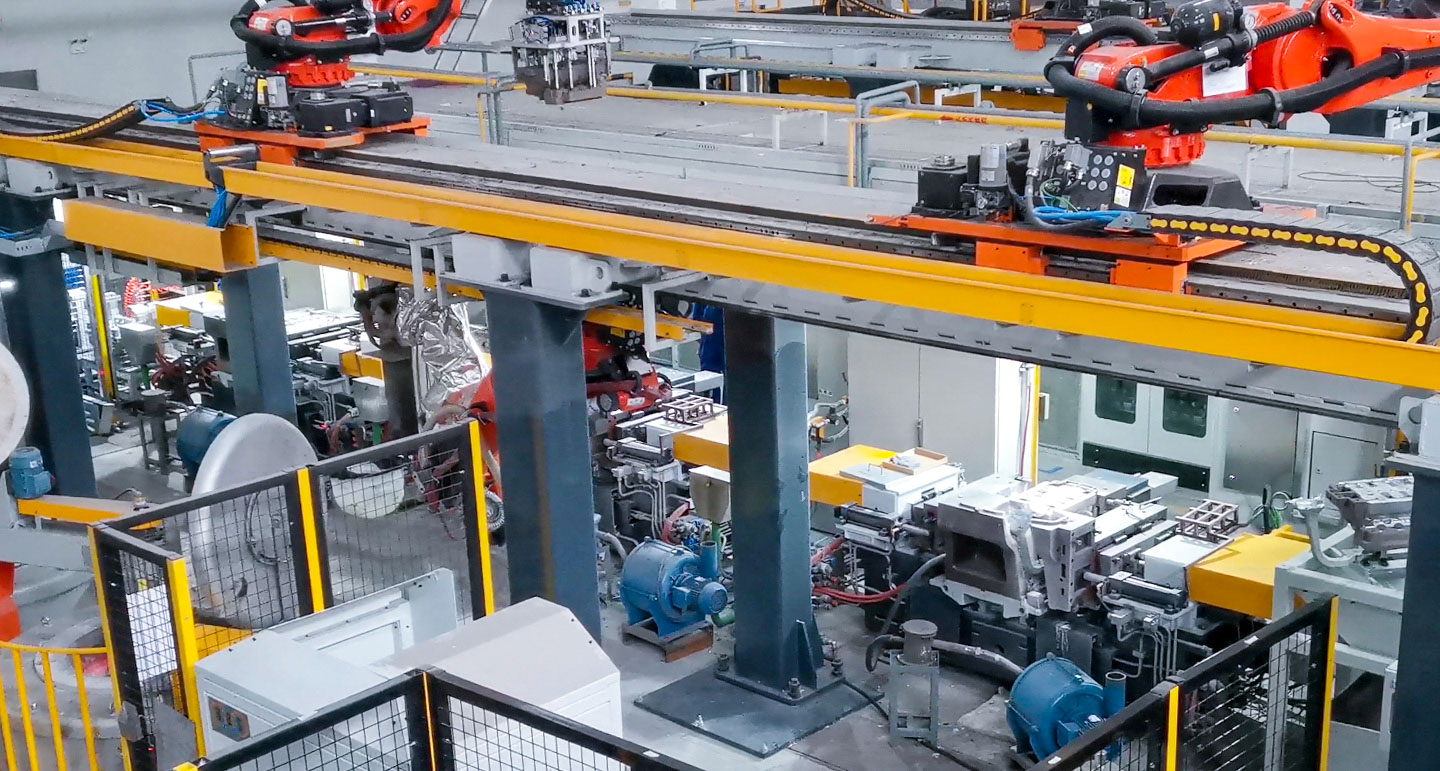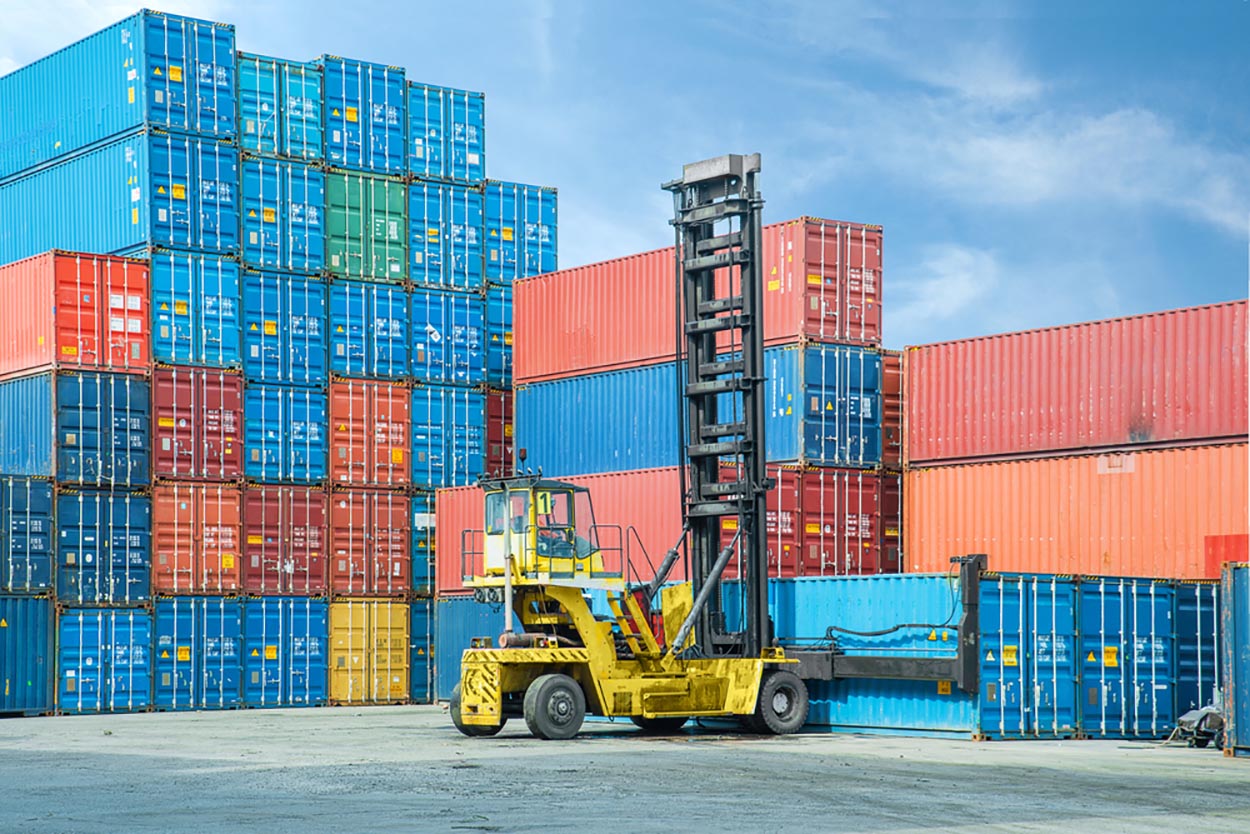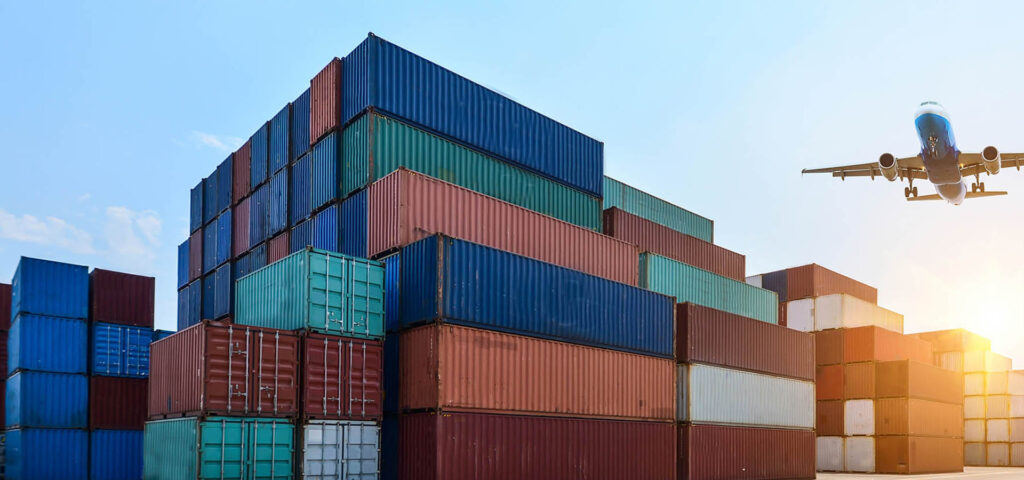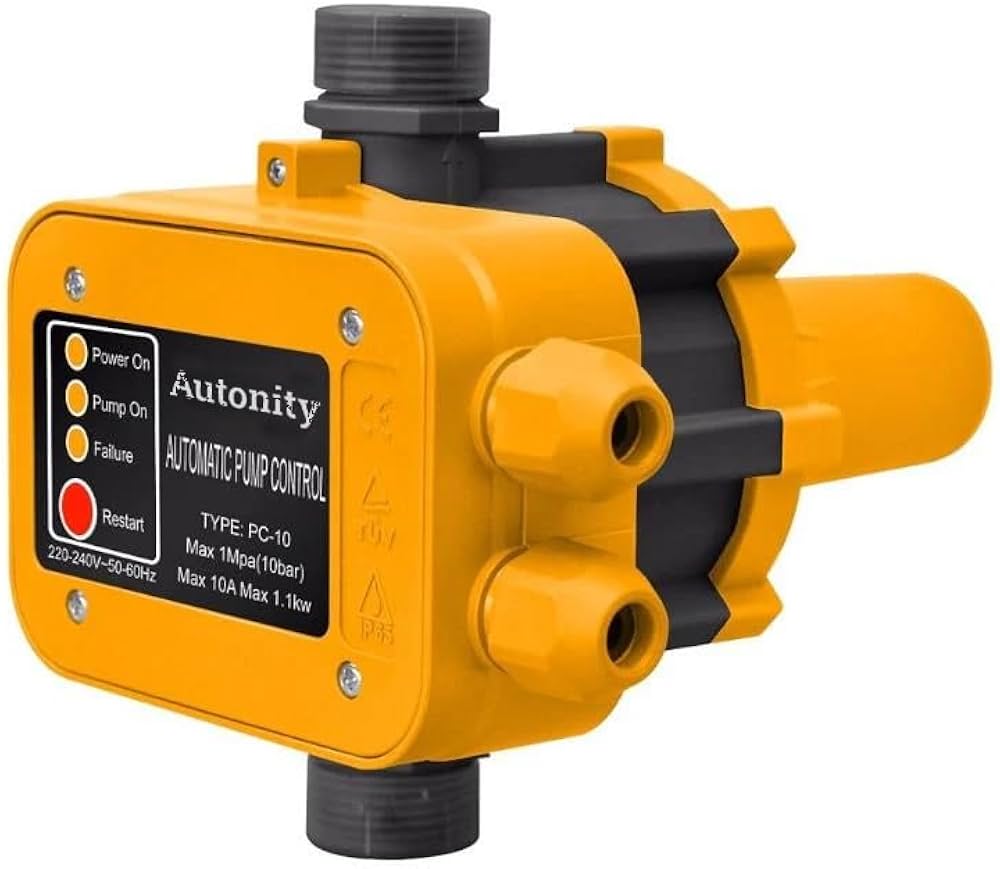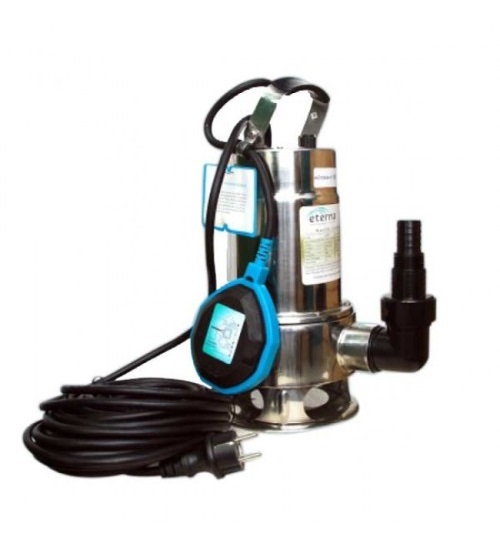Die casting has become an essential manufacturing process in Malaysia that contributes to many sectors, such as electronics, automobiles, and consumer products. This metal casting technique involves injecting hot metal into a mold under intense pressure. It creates intricate precisely-designed components, with no finalization work needed. Malaysia is now a major participant in die casting due to its manufacturing expertise as well as its skilled workforce and competitive production costs. A number of multinational corporations have set up manufacturing plants in the country which benefit from Malaysia’s strategic location, robust infrastructure, and strong supply chain networks. The growth of die casting in Malaysia has not only strengthened the industrial sector, but has also contributed significantly to its economy through exports and employment creation.
It is the Malaysian die casting industry is well-known for its advancements in technology and adhering to the highest quality standards. The companies in this sector use modern machinery and automated processes for increased efficiency, decrease production waste, and increase product consistency. Computer-aided Design (CAD) and computer-aided production (CAM) technologies have a major role to play in developing precision molds to ensure that end products will meet the specifications. Additionally, manufacturers are increasingly investing in green process of casting which include the use of the use of non-toxic alloys, and optimizing energy consumption. These advancements not only improve production efficiency but also align with international sustainability efforts which makes Malaysian die casting businesses appealing to foreign clients.

One of the major factors driving precision die casting Malaysia is the automobile industry, which heavily relies on die-cast components for lightweight and high-strength parts. Car manufacturers and suppliers depend on the process for engine blocks, transmission case, and structural components which are designed to meet stringent specifications for durability and performance. The demand for electric vehicles (EVs) is further fueling the demand for precise die casting as the manufacturers of EVs are seeking lighter materials that can improve battery performance. Malaysian die casting businesses have the potential to profit from this trend, as they continuously improve their production methods to keep up with the changing requirements of the international automotive industry.
Beyond the automotive sector Beyond the automotive industry, die casting is widely used in the electronics business, where precision and small-scale are important. Numerous electronic gadgets, such as laptops, smartphones, and household appliances, contain die-cast elements that give structural integrity while maintaining a lightweight appearance. Malaysia is a key hub for electronics manufacturing and has witnessed a huge need for parts made of die-cast in this sector. companies that specialize in die casting for electronic components have applied advanced manufacturing techniques to ensure top quality and accuracy. With the advancement of technology and as electronic devices are made smaller and effective, the importance of die casting in this industry is expected to expand even more.
Despite its strong growth however, the die-casting industry in Malaysia faces challenges that require strategies. The rising cost of basic materials, including zinc and aluminum alloys will affect production costs as well as profitability. Furthermore, competitors from other hubs of manufacturing in the region, including China as well as India, presents challenges in keeping their market share. To remain in the game, Malaysian die casting firms need to focus on innovation, process optimization and establishing value-added services including rapid prototyping and custom solutions. Government support and industry collaborations are also a crucial role in addressing these challenges by encouraging programs for research and development as well as improving the skills of workers through specific training programs.
Looking ahead, the future for die-casting in Malaysia continues to be bright, fueled by the continued growth of industry and technological advancements. Integration with Industry 4.0 technologies, such as artificial intelligence, robotics, and data analytics, is expected to further enhance efficiency and quality in the production of die casting. Sustainability will be another important aspect, with businesses trying to implement eco-friendly practices and create recyclable materials in order to reduce environmental impact. As Malaysia strengthens its position as a major manufacturing hub within Southeast Asia, its die casting industry will play a crucial role in shaping the future of global manufacturing offering high-end and ingenuous solutions that meet the needs of modern industries.
